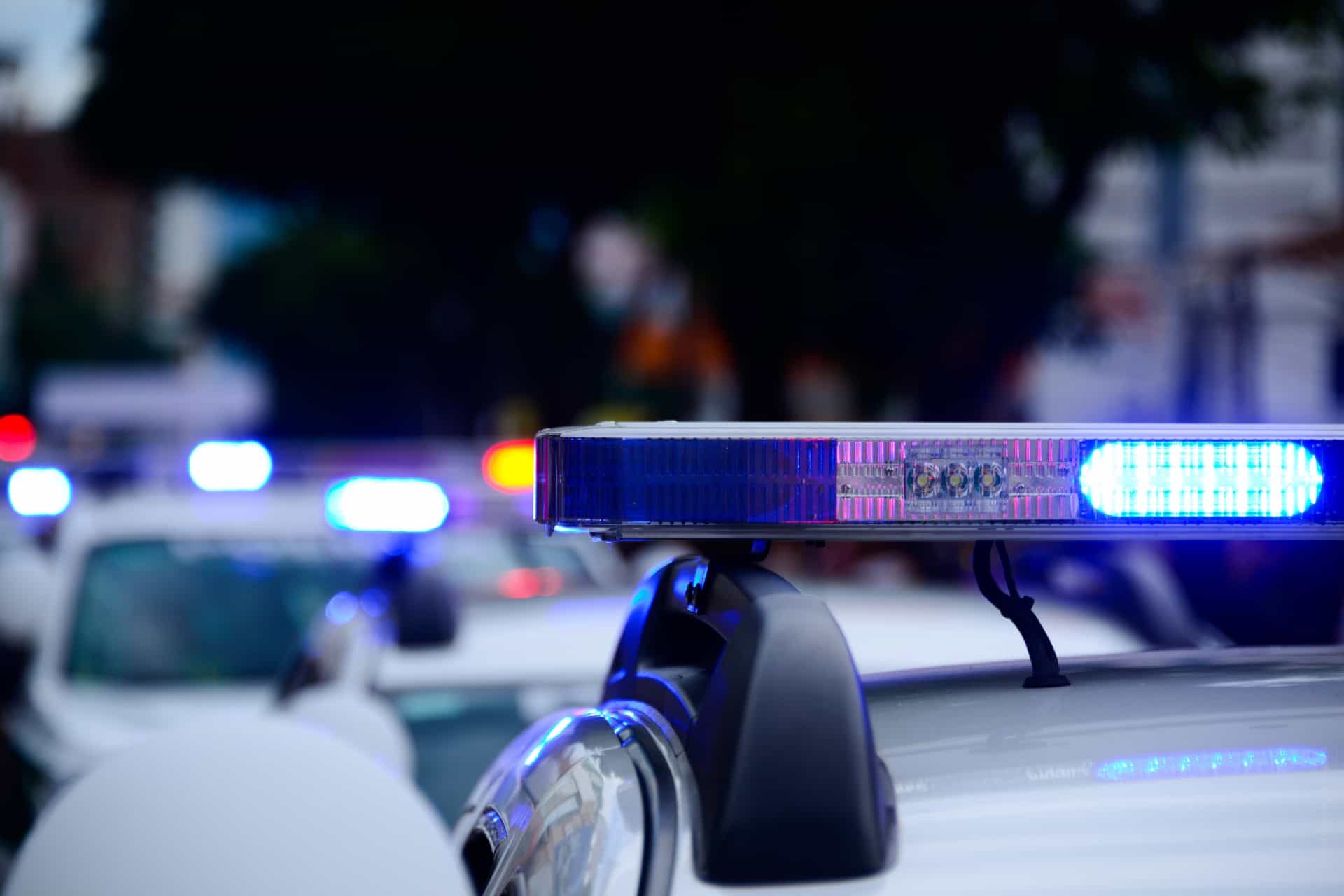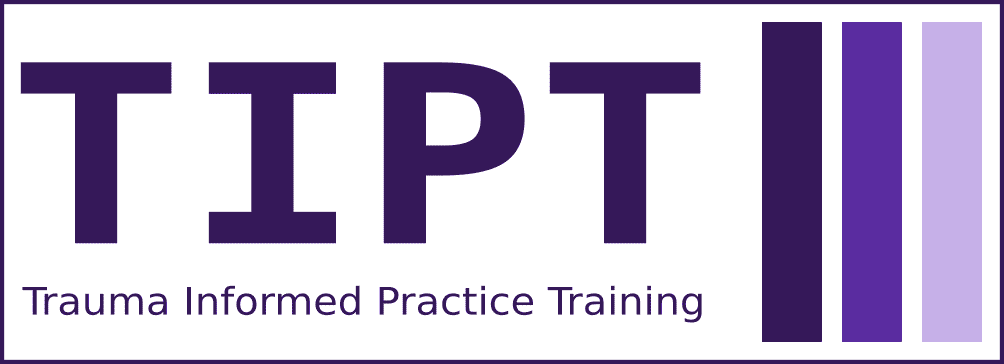First Responders And PTSD

By Tanya Hallet

I was stuck one night with someone I was doing support work for. The young person was mentally very unwell, and I was alone with her for four hours. My head was held over live electrical wires, I had attempted repeatedly to stop the young person trying to start a fire or hurt herself and I had had scalding water poured into my mouth. The ambulance officers tried to help from a distance before the police arrived, but they had been instructed not to get out of their vehicle as this young person was considered violent and dangerous. On this night in December, the police arrived after being held up with other incidents. I remember the feeling of relief when I heard those sirens. It meant that my night of terror was coming to an end.
First responders are exposed to highly stressful situations, they are routinely exposed to death, violence or serious injury where they are expected to make a series of quick decisions in unusual and traumatic circumstances to ensure the safety of themselves, those they are providing care for and those around them. Our health practitioners, nurses, doctors, psychologists, social workers, ambulance officers, police officers, firefighters, prison officers, even support workers and teachers in some circumstances. Anyone who is first on the scene to deal with an emergency, is a first responder.
I’m sure we can all agree that these jobs are of incredible importance in keeping our society safe and functioning well, but how often do we spare a thought for the toll this takes on the mental health of those on the front line providing care every day?
If you are not a first responder but have ever had to deal with an emergency which involved death, violence, or serious injury, I am sure it stuck with you. Now imagine doing it routinely and being expected to ‘cope’ because its ‘part of the job.’
The fact is, that even though most first responders report high levels of resilience, being exposed to highly stressful and traumatic situations repeatedly will take a toll on you. We are simply not wired to live our lives in a constant state of threat. Mental health illnesses often start because our fight or flight response is being triggered even when there is no crisis, known as ‘Amygdala Hijack.’
‘Answering the Call’ – a national study done by Beyond Blue of Police and Emergency Personnel found that one in three first responder employees were diagnosed with a mental health condition. This is nearly double the Australian average of adults with a mental health condition, which is one in five. One in four former employees experience probable PTSD, and employees who worked for ten years or more as a first responder were six times more likely to experience PTSD. Frist Responder employees and volunteers were twice as likely to have suicidal thoughts than the general population and three times more likely to have a suicide plan.
As someone who has experienced PTSD and anxiety after being directly exposed to repeated violence, abuse and vicarious trauma at work, I can tell you that developing a mental health condition after you have tried your best to ‘do your job’ is both infuriating and debilitating. This is made harder by the stigma (from others and yourself) that is placed on you when accepting a diagnosis and seeking help.
I have heard numerous comments from leaders when concerns about first responder mental health issues are raised. “Well, that’s part of the job.” Or “Well, if they can’t hack it, they shouldn’t work here.” Or “Well, they were told this job would be no picnic.” These comments irritate me as much as the throw away comments from leaders after an incident to “Contact EAP if you need to.”
Very helpful. Please tell me that again after I have had to sleep on towels in the middle of the night because the bedsheets have been soaked in my sweat from yet another nightmare I’ve had from ‘doing my job.’
While it’s true that being a first responder will come with a greater exposure to traumatic incidents than your regular office job, this does not mean that people in these roles have infinite capacity to hold the stress and trauma they see or experience while doing their job. Everyone, no matter how resilient they are, will have a limit.
I wonder how many first responders are being ‘punished’ for speaking up about a mental health condition by being immediately moved to desk jobs or being judged as not ‘being tough enough’ or being ‘performance managed out,’ rather than supported in seeking mental health treatment and assisted to pathway back into their job if that’s what they want to do.
Or worse yet, how many first responders are walking around, showing up to emergency scenes, trying to do their job while struggling with anxiety, depression, or PTSD?
Don’t they deserve something better than that?

Other Blogs







